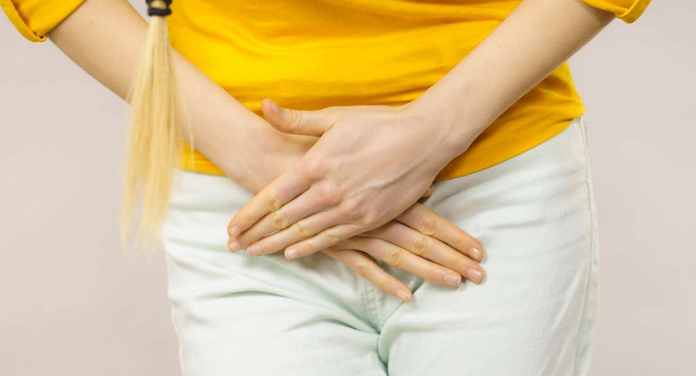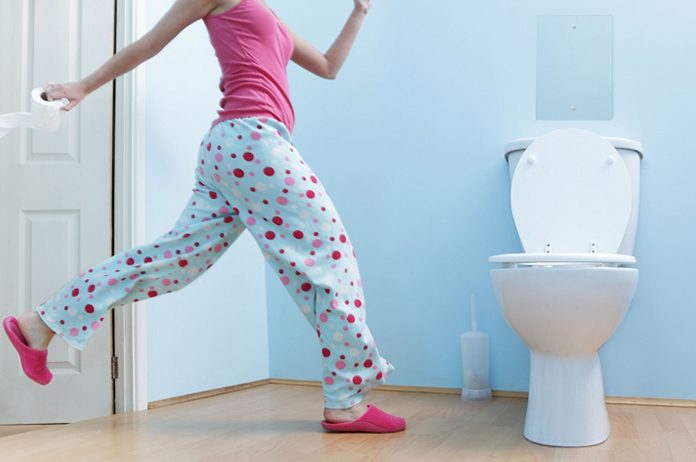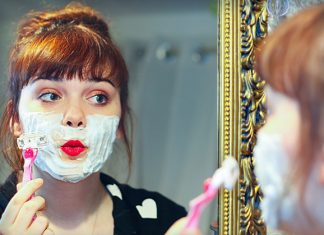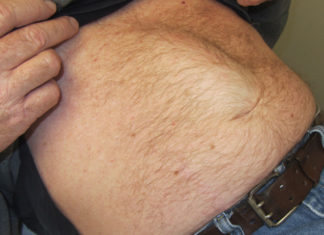Known medically as micturition and
The urinary system and its components regulate blood volume and composition, blood pressure pH, homeostasis, and electrolytes and metabolites apart from eliminating waste from the body.
Studies show that the average woman urinates approximately 6-8 times in 24 hours. However, having to run to the bathroom more than 8 times a day may signify frequent urination.
Frequent urination is a condition defined when the need to urinate is felt several times an hour, caused by the false impression of once again having a full bladder.
SIGNS AND SYMPTOMS:
There are certain signs to watch out for if you experience frequent urination, these being,
- Frequency: Urinating more than 8 times a day.
- Hesitancy: Incomplete evacuation of the bladder.
- Urinary incontinence: The inability to control the flow of urine.
- Dysuria: Pain or burning sensation during or
immediate following urination. This may be a sign of UTI. - Nocturia: Having to wake up at night to urinate.
- Pollakiuria: Frequent daytime urination, often in small volumes.
Along with these signs are certain symptoms that accompany the condition, such as back pain, pain below the belly button, vomiting, fever and chills, discoloured or bloody urine, uncommon fatigue and abnormal vaginal discharge.

CAUSES OF FREQUENT URINATION:
Various causes, from low risk to high risk, are responsible for frequent urination in women. Some of them are:
Drinking excess fluids
The more fluids you consume, the more fluid the body needs to excrete. Although this is not a major concern, drinking excessive amounts of caffeinated beverages, alcohol and consuming artificial sweeteners with drinks may contribute to excessive urination.
Sexually transmitted diseases
Chlamydia, trichomoniasis and gonorrhoea are common STDs that can cause women to urinate more often than normal. Having unprotected sex leaves women more prone to these diseases.
Anterior prolapse
Also known as
Bladder stones
These masses often form when the bladder is not fully emptied, so the urine that is left behind crystallizes into a stone. These lumps can cause frequent urination.
Multiple sclerosis
Bladder dysfunction, including excessive urination, can occur in at least 80% of MS patients. The MS lesions can block or disrupt the
Medications
Certain medications designed to get rid of excess water in the body, such as muscle relaxants, sedatives and diuretics, may contribute to frequent urination causes.
Diabetes mellitus
It is the most associated with frequent urination. It is a group of metabolic disorders with high blood sugar levels over a long period of time.
Low oestrogen levels
The oestrogen level in a woman’s body can be lower than normal because of genetic reasons, menopause, hormonal imbalances, eating disorders, kidney diseases. When oestrogen is no longer being produced in the body, menopausal women may experience more urgency and frequency in their urination.
Vaginitis
It is an inflammation of the vagina that can be accompanied by an unusual odour, itching and discharge.
Pregnancy and post childbirth
Pregnancy hormones often cause excessive urination during pregnancy, increasing the speed of blood circulating through one’s body and the growing uterus, which eventually pressure one’s bladder.
Urinary tract, kidney and bladder infections
A urinary tract infection (UTI) is an infection that affects parts of the urinary tract. When it affects the lower urinary tract, it is known as a bladder infection (cystitis).
Escherichia coli is the cause of 80-85℅ urinary tract infections, with Staphylococcus saprophyticus being the cause in 5-10℅. Women are more prone to UTIs than men because, in women, the urethra is much shorter and closer to the anus.
Common risk factors for a UTI include improper wiping (going from back to front) after using the toilet, which will expose the urethra to E.coli bacteria, not staying hydrated, sexual intercourse which can introduce bacteria into the urinary tract and hold your urine for prolonged periods of time.
Diagnosis
Based on the kind of disorder you have, the doctor will prescribe a method of treatment and diagnosis. Read on to know more about it.
Pelvic exam
During this medical exam, the doctor examines your reproductive parts such as the fallopian tubes, vagina, cervix, ovaries, uterus and so on.
Urinary testing
This involves several tests to check out the urinary system and frequent urination causes.
Cystoscopy
The doctor takes a closer look inside the bladder with the help of a lighted instrument. The doctor may even take tissue samples if the need arises.
Treatment and Cure
Usually, problems related to the urinary tract and urination can be brought under control by practising exercises and medicines. Read on to know more about how to treat frequent urination.
Bladder training exercises
These exercises involve techniques that train your bladder to control its urine flow and strengthen the pelvic floor muscles. It’s a behavioural therapy that increases the time between the amounts of urine your bladder can hold against excreting it out. These exercises to check the frequent urination in women are called Kegel exercises.
Acupuncture
This ancient Chinese practise involves massaging and freeing the points of energy flow in the body to bring the body’s original, natural flow back in shape. While scientific evidence for this treatment is fragile, you can still try it out as a non-medicinal measure.
Preventive Steps
Frequent urination can be irritating and scary too. So, even before it comes to this, try maintaining a healthy diet with ample Vitamins, fruit juices, fibre, etc. Try to avoid too many liquids during bedtime.
Apart from healthy diets, take care of your vaginal and reproductive health by maintaining hygiene and washing your clothes regularly. Avoid public washrooms unless necessary, and don’t hesitate to book an appointment if your symptoms persist longer than expected.






